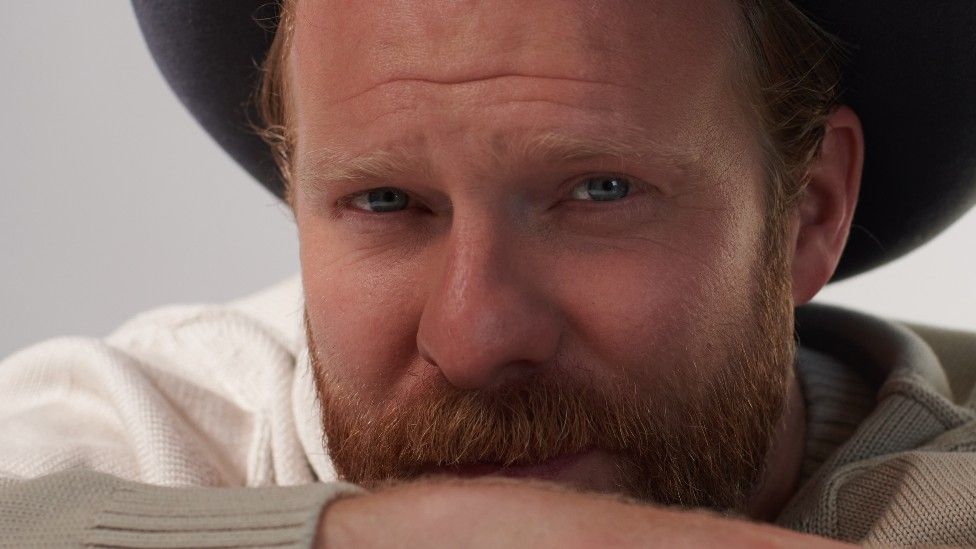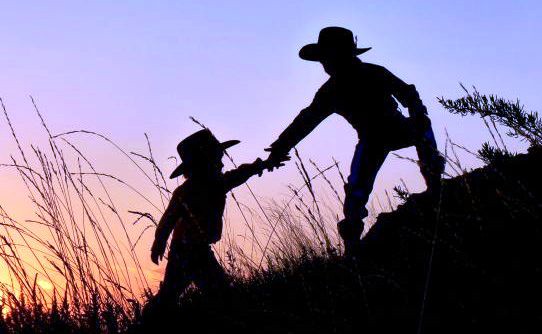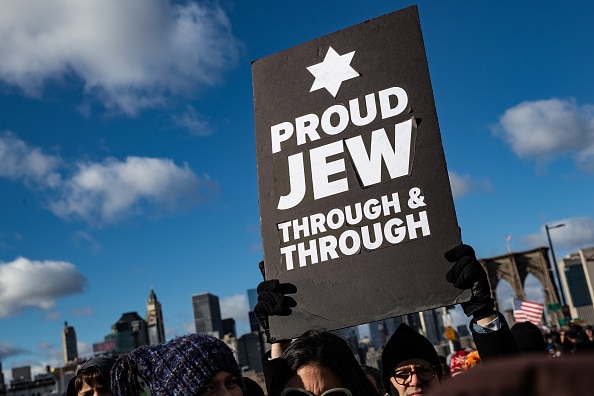March 12, 2024|ב' אדר ב' ה' אלפים תשפ"ד Bo 5784 - Growing Each Day
Print Article(ב) הַחֹדֶשׁ הַזֶּה לָכֶם רֹאשׁ חֳדָשִׁים רִאשׁוֹן הוּא לָכֶם לְחָדְשֵׁי הַשָּׁנָה:
This month should be for you the head or first of the months. It is the first for you, of the months of the year.
This is the VERY FIRST MITZVAH given to the Jewish People are a Nation.
And among the myriad of questions that revolve around the importance of this mitzvah, is one that has bothered many meforshim:
We are a people that focus very specifically on the BEGINNING of the year, which we call ROSH HASHANA. The 1st day of Tishrei. It holds tremendous esteem in our halachic and hashkafic lives. If that is so, why does HKBH go out of His way to place such a special emphasis on the month of Nissan? And how is it the ROSH CHADASHIM, the first of all months!?
R’ Moshe Feinstein offers an alternative explanation, quoted in the sefer Kol Ram.
On our initial pasuk, declaring the month of Nissan the Head of All the months, Rashi makes two comments:
1) Hashem showed Moshe the moon at it’s very first appearance, as just a sliver, and said, ‘THIS IS WHEN TO BE MEKADESH THE CHODESH”.
2) This will be the 1st month, Iyar will be month 2, etc.
And he asks: What’s the connection between these two points?
And Rav Moshe explains: Tishrei and Nissan represent TWO DIFFERENT MOMENTS OF CREATION:
- Tishrei is the moment of Hashem’s creation of the world.
- Nissan is the moment when Am Yisrael began to create OURSELVES.
In Tishrei Hashem creates man, Adam HaRishon, and he is whole, adult, complete, ready-to-go.
Nissan was the creation of Am Yisrael at a Nation. But at this point, we were just a fledgling, beginning nation who had to find our way. We were struggling to figure out who we wanted to be. We were a people who in many ways had lost our way.
Yet we know Chazal say that we found a way to MAINTAIN OUR IDENTITY, even after 210 years of backbreaking galus. We kept our names, our dress, and our language. We maintained our identity as the Bnei Avraham, Yitzchak, and Yaakov. And as we left Egypt, through the many mistakes and difficulties, we eventually found our way as a People.
And says the Medrash Tanchuma:
שנאים מעשינו יותר ממעשה הקב"ה
That the actions, the creation of man is much more precious to HKBH than His own creations.
And therefore, which month is the ROSH CHODASHIM? The FIRST of all months? Nissan! Because it represents our ability to grow and progress and build ourselves up. And that is the greatest nachas HKBH can imagine.
And with this, says Rav Moshe, we can understand BOTH comments of Rashi:
1) Hashem doesn’t tell Moshe to celebrate the new moon on the 15th of the month, when it is FULL AND BEAUTIFUL, but rather on Rosh Chodesh, when all one can see is that LITTLE SLIVER, the POTENTIAL for GROWTH.
2) And that is why Nissan is month #1 in Hashem’s eyes. So, we should always know that what HKBH cares for more than anything isn’t His PERFECTLY CRAFTED creation, but seeing the IMPERFECT BUT SINCERE AND HONEST GROWTH of the human beings He has placed in this world.
And perhaps we can add that this is also why Hashem uses the language of Hachodesh Haze LACHEM Rosh Chodashim! Because what Hashem is telling us that He wants to see what YOU DO WITH IT!
This week, Am Yisrael lost a legend of Jewish leadership, Rav Zevlun Charlop zt”l. Rav Charlop was the Dean of the Rabbi Isaac Elchanan Theological Seminary (RIETS) at Yeshiva University for 37 years, including while I was there, and the rav of the Young Israel of Mosholu Parkway in the Bronx, for 54 years. His vision and leadership guided thousands of future rabbanim to go out an impact the world. He was also the father of Rebbetzin Peshi Neuberger, of Cong. Beth Abraham.
And I want to share with you an idea from Rabbi Charlop which dovetails on this idea from Rav Moshe.
There is a גמ' in Bava Basra (17a) tells us the following:
תנו רבנן ארבעה מתו בעטיו של נחש ואלו הן בנימין בן יעקב ועמרם אבי משה וישי אבי דוד וכלאב בן דוד
There are 4 people who died at the “urging of the serpent”.
It was the Nachash who brought death into the world with the sin of the eitz hadaas. So, the גמ' means to say there are 4 ppl who never sinned in their lives and only died because that had become the way of the world.
And who are these for ppl who never sinned?
- Binyamin the son of Yaakov
- Amram the father of Moshe
- Yishai the father of David
- Kil’av the son of David
Rav Charlop asked a simple- yet profound - question on this gemara:
- Why does the gemara feel the need to include the relatives of these people? We know Yishai was David’s father and that Binyamin was the son of Yaakov!
Clearly, the gemara is looking to compare these men with their more well-known relatives.
While each of these men died without sin, each of their relatives who are listed were involved in clear, often public, misgivings.
Yaakov Avinu chooses one son over the others, an approach which sets the stage for the tremendous anger and resentment in his family.
Moshe Rabbeinu’s most famous mistake is when he loses his temper and hits the rock instead of speaking to it.
And, of course, David HaMelech who is held accountable for his actions related to Batsheva.
However, when one compares these two groups, one finds that in the end of the day all of the men who died with no sins at all pale in comparison to their relatives.
With all of the pain and disappointment associated with the failings of Yaakov, Moshe, and David, they attain greatness that their fathers and children never even approach. Amram was no Moshe, Binyamin was no Yaakov, and we don’t call him Mashiach ben Yishai, he’s going to be called Mashiach ben DAVID.
What the gemara is clearly teaching us that yes, one can hide in the corner, refuse to take risks, or put yourself out there to try to do something meaningful in the world, and you will remain free of sin. But in the end, it is the people who are willing to make an effort to grow, and to impact others, even though they may fall on their face in the process, who will ultimately leave a greater stamp on the world.




